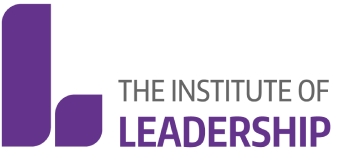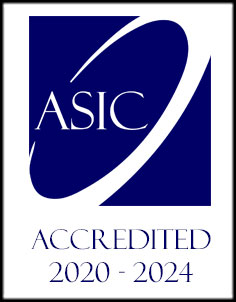Course Overview
"Corruption begets more corruption, and fosters a corrosive culture of impunity.”
— UN Secretary-General, António Guterres
Every year $1 trillion is paid in bribes while an estimated $2.6 trillion are stolen annually through corruption – a sum equivalent to more than 5 per cent of the global GDP. In developing countries, according to the United Nations Development Programme, funds lost to corruption are estimated at 10 times the amount of official development assistance. Corruption is a serious crime that can undermine social and economic development in all societies. No country, region or community is immune. This year UNODC and UNDP have developed a joint global campaign, focusing on how corruption affects education, health, justice, democracy, prosperity and development.
This course will provide a clear understanding of the strategies that can be employed to overcome the negative effects of corruption by utilising the latest information and methods implemented in both the governmental and international level by international organisations and governments alike.
Interactive learning will support participants’ understanding of the key themes of anti-corruption efforts, such as how structural and cultural changes reduce corruption and create more transparent and accountable governance. By examining best practice case studies, innovative anti-corruption initiatives and the role of investigative efforts, participants will leave equipped to develop an anti-corruption action plan that identifies the risks of corruption and is supported by interagency collaboration and stakeholder engagement.
A comprehensive analysis of the mechanisms behind effective anti-corruption initiatives will be provided, with subjects to be discussed including:
- The relationship between regulatory frameworks and corruption
- The impact of corruption on social and economic progress
- Innovative initiatives to tackle corruption
- Advocacy and global awareness
- Analysis of the ethical dimensions of corruption
- Nature, extent and mitigation of targeted financial crime
- Recent experiences - establishing anti-corruption agencies
Experts in the field will lead this training through interactive workshops, lectures and best practice case studies, fostering innovation, creating learning and networking amongst peers.
Learning Outcomes
By the end of the course the delegates will be able to:
- Develop, construct and implement an action plan to tackle corruption
- Identify the value of regulatory frameworks
- Apply good governance principles to their organisation
- Improve capacity and support structures whilst reducing administrative burdens
- Monitor, evaluate and enhance performance
- Deliver services that better meet stakeholder needs

The Institute of Leadership has approved this training course. The Institute combines years of research, knowledge and innovation to champion the leadership agenda for alL and since 1947 they have carried out extensive research into the knowledge, skills, attitudes, behaviours and values of great leadership. Based on The Institute's core leadership values, this course meets the standard that enables learners who have completed to access the following benefits:
- Membership of The Institute of Leadership will be in receipt of an ICPS/The Institute joint Certificate of achievement for the course
- Access to a raft of resources to help you with your continuing professional development, including an award-winning library of e-learning content
- A community of over 70,000 members worldwide enabling you to collaborate and grow your knowledge and skills
- Receipt of weekly news updates, podcasts and cutting-edge research and a monthly published journal and invitations to topical webinars
- Authorisation to use approved letters AMInstL (Associate Member of The Institute of Leadership) after your name for business correspondence
Interview With One of the Training Experts
Agenda
Day 1
| Session | Time | Topic |
|---|---|---|
| Session 1 | 13:00 - 14:20 | What do we talk about when we talk about corruption? Describing corruption, Understanding corruption, Diminishing public value |
| Session 2 | 14:45 - 16:10 | Risks and opportunities for corruption: Crime triangle, routine activities, governance failure, leadership |
| Session 3 | 16:30 - 18:00 | Are some sectors more corrupt than others? Case studies: police, water, prisons, fisheries, education, health, sport, taxation, financial services, natural resource management, wildlife, timber |
Day 2
| Session | Time | Topic | Session 4 | 13:00 - 14:20 | Measuring corruption: Why do we want to measure, what do we measure, how do we do it? World Bank Governance Indicators, Transparency International’s Corruption Perception Index, Global Corruption Barometer |
|---|---|---|
| Session 5 | 14:45 - 16:10 | Conflict of interest: Accountability, gifts or bribes |
| Session 6 | 16:30 - 18:00 | Corruption in procurement |
Day 3
| Session | Time | Topic |
|---|---|---|
| Session 7 | 13:00 - 14:20 | Responses to corruption: Global and local - different problems, different responses. Conventions, treaties, international bodies, United Nations Convention Against Corruption, OECD Foreign Bribery |
| Session 8 | 14:45 - 16:10 | Situational and organisational prevention of corruption: Making it harder, making it riskier, reducing rewards, building integrity |
| Session 9 | 16:30 - 18:00 | How anti-corruption agencies work: Are they part of the solution or part of the problem? Preventing malfeasance in low corruption environments |
- 20 minute break between sessions
- Group exercises on day 3

